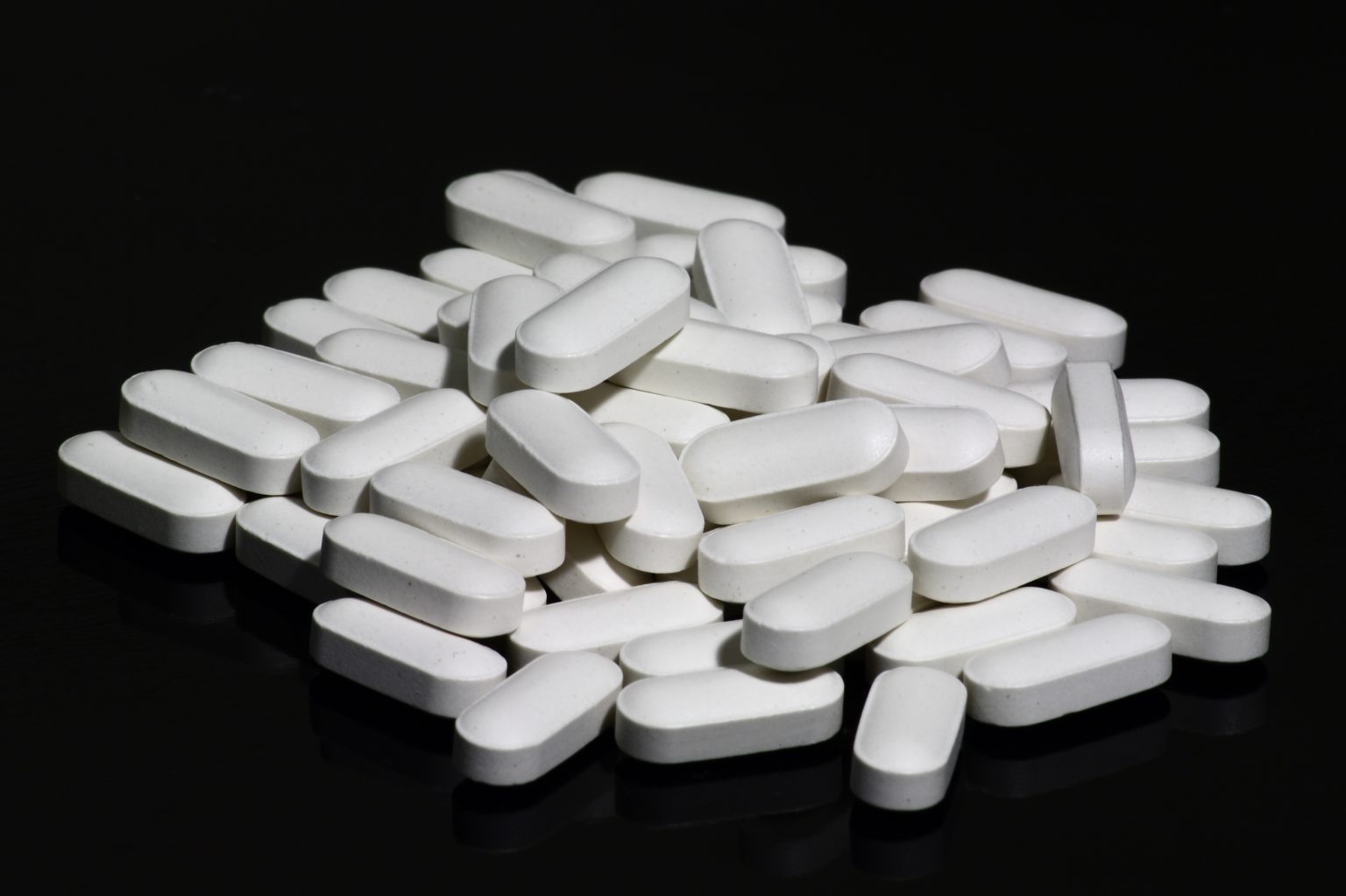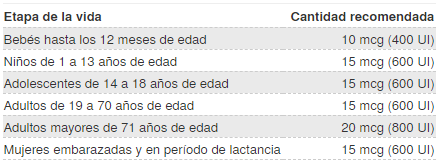
Note. This article was originally published on June 6, 2020 in Spanish.
We know that vitamin D, a vitamin that can be synthesized when the sun’s ultraviolet rays strike our skin, is vital to our bone, cellular, neuromuscular, and immune health.
But getting the recommended amount of vitamin D seems to be more important than ever during the current pandemic as recent scientific reports, which we’ll discuss in a moment, indicate that our vitamin D level could affect our response to SARS-CoV-2, the virus that causes the disease COVID-19.
For example, studies have found that vitamin D is associated with low levels of the proinflammatory cytokine interleukin-6 (IL-6), a protein that regulates immune and inflammatory responses and plays an important role in acute respiratory distress syndrome ( ARDS) induced by COVID-19.
Similarly, in a recent clinical trial of 18,883 patients, lower vitamin D levels were associated with higher rates of respiratory infection, especially in those patients with underlying lung conditions.
But it is the results of the study carried out by Dr. E. Laird and his colleagues from Trinity College Dublin and the University of Liverpool that link vitamin D to the response to COVID-19.
Dr. Laird and her colleagues investigated whether exposure to sunlight, and therefore vitamin D levels, might be affecting the severity of COVID-19.
As a study method, the authors conducted a literature search in PubMed (online database of articles in biomedicine and biosciences) of vitamin D status for older adults in countries/areas of Europe affected by COVID-19, with data collected from national surveys. and the World Health Organization.
Their results, published in English in the Irish Medical Journal (which is freely accessible), show that there is a significant negative relationship between vitamin D and the severity of COVID-19. What does this mean? That for the most part, the patients studied with low levels of vitamin D had a more severe reaction to COIVD-19 than those who consumed recommended levels of vitamin D in European countries. In addition, the study showed that European countries with a vitamin D fortification policy for their citizens (for example, Sweden and Finland) had the lowest infection rates.
The authors suggest that vitamin D can likely reduce severe late stages of COVID-19 infection (as more studies are needed to verify this), while certainly benefiting bone and muscle health. One reason for its possible positive effects is the role of vitamin D in regulating and suppressing the inflammatory cytokine “storm” that leads to severe respiratory problems in patients with COVID-19.
But what factors increase the risk of vitamin D deficiency?
Interestingly, many of the same risk factors that increase people’s chances of contracting COVID-19. These include advanced age, obesity, being male, and having pre-existing chronic conditions (suffering from other diseases) [article 18 and 19]. Recent reports have mentioned that people residing at higher latitudes or with darker skin pigmentation (for example, us Hispanics) may be particularly affected by COVID-19 [20].
Especially within the Hispanic and African-American community there is a high prevalence of low vitamin D levels and less vitamin D synthesis compared to whites due to the ability of our darker skin to block sun exposure and thus block radiation. vitamin D synthesis, which probably also contributes to the increased risk of diabetes and its complications that Hispanics suffer.
“Here we see observational evidence for a link of vitamin D with mortality. Optimizing vitamin D intake for public health guidelines will certainly have general health benefits and support for immune function. Research like this is still exploratory, and we need more trials to have concrete evidence about the level of vitamin D needed for optimal immune function. However, studies like this also remind us of how low our vitamin D status is in the population (even in sunny countries) and adds further weight to some sort of mandatory vitamin D fortification policy. If the Nordic countries are allowed to do this, there’s no reason Ireland, the UK or the rest of Europe can’t either.”
Dr Eamon Laird, translated, Trinity College Dublin
Following this logic, it is worth asking what guidelines currently exist in Hispanic communities? There is no reason why there is not implementation of mandatory vitamin D fortification in Hispanic countries, especially when Hispanics tend to be highly deficient in vitamin D.
In conclusion, despite showing a correlation between vitamin D deficiency and severe COVID-19 infection, the optimal doses for protection from COVID-19 are unknown. Therefore, it is necessary to take only recommended doses (Table 1) since an excess dose of vitamin D is harmful and toxic to health.
Table 1. Recommended dose of vitamin D obtained from the NIH in Spanish.



I was reading through some of your blog posts on this internet site and I think this web site is real informative ! Retain posting . Hector Cerritelli
You made some decent points there. I did a search on the subject and found most people will agree with your blog. Jim Malichi
Everything is very open with a really clear description of the challenges. Geraldo Meyerowitz
Thanks
Great delivery. Great arguments. Keep up the good spirit. Jame Sharpless
Great article! We will be linking to this great post on our site. Keep up the good writing. Franklin Buseck
My spouse and I stumbled over here different page and thought I might check things out.
I like what I see so i am just following you. Look forward to exploring
your web page repeatedly.
Awesome! it makes me happy to know you could learn something from this content. I am working on posting more often.
Greetings! Very useful advice in this particular article!
It is the little changes that make the most important changes.
Thanks for sharing!